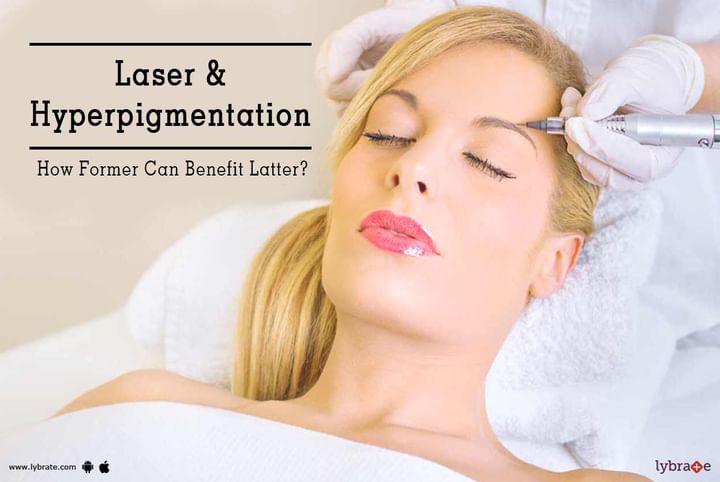Laser & Hyperpigmentation - How Former Can Benefit Latter?
Beauty is not determined by the color of skin, but by the evenness of its tone. Hyperpigmentation is a condition where patches of skin become darker than the rest of your skin. This darkening is caused by excessive production of melanin. It is relatively common but harmless. Hyperpigmentation is commonly seen on the face, arms and hands and also takes the form of age spots, sun spots, freckles etc. Genetic disorders and ageing can increase your risk of developing these dark patches.
Though it does not affect a person’s health, hyperpigmentation can affect self-confidence. Thankfully, this condition can be treated in a number of ways. Some ways of treating hyperpigmentation are:
- Topical skin lightening creams
- Light therapy
- Chemical peels
- Laser treatment
The laser can be explained as Light Amplification by Stimulated Emission of Radiation. Laser treatment has been used for hyperpigmentation from as early as 1964. Though there are many types of lasers, argon and carbon dioxide lasers are the ones used to treat this condition. These lasers provide short bursts of highly concentrated light on the affected area. This lowers the risk of scarring. Lasers can be used for long pulse or short pulse therapies to treat varying degrees of melanin production. Your natural skin tone will also play a part in determining which type of laser treatment is best suited to you. The bursts of light produced by lasers destroy the excessive melanin through the heat generated by them and boost collagen production to aid in the healing process.
A typical laser treatment session lasts 30 to 45 minutes but can extend further depending on the size of the area to be treated. This may need to be repeated on a monthly basis until the desired effect is achieved. Laser treatment is usually pain-free but you may feel slight stinging or discomfort at the site. Your skin may also be red or inflamed for the first 24 hours after treatment. It is best to avoid makeup, fragrant skin products and sun exposure for a few days after the procedure.
When used properly laser has negligible risks. All the risks associated with lasers are dependent on the expertise of the doctor operating it. Improper use of lasers can cause blistering and burning of the skin and can even cause permanent blindness if it comes in contact with your eyes.



+1.svg)
